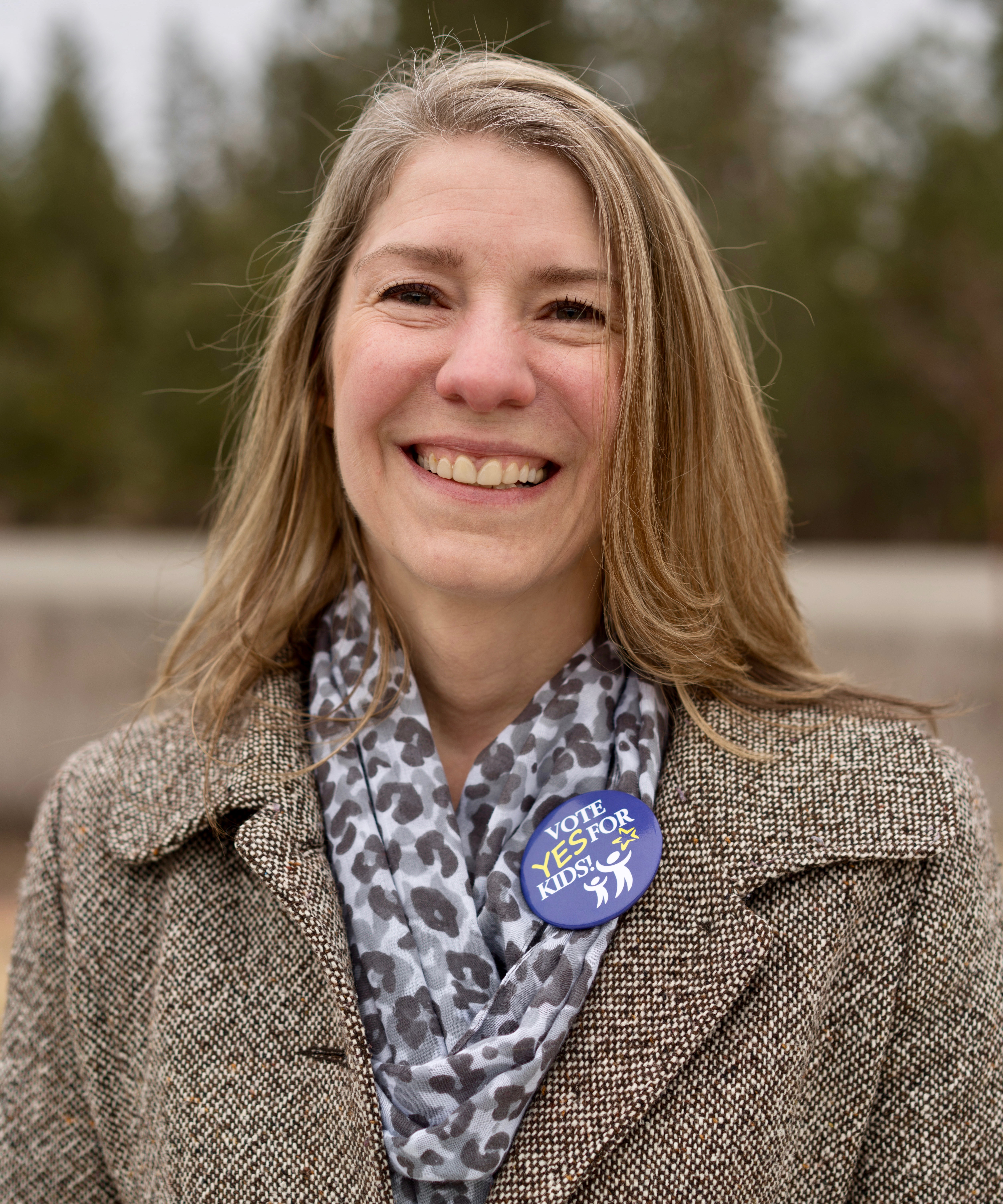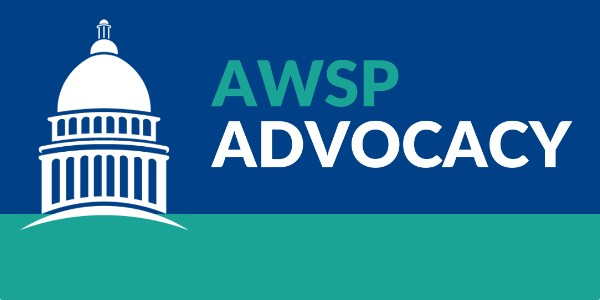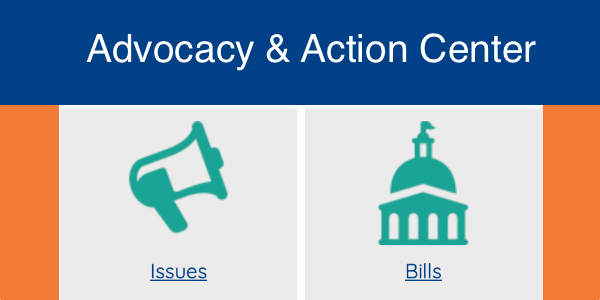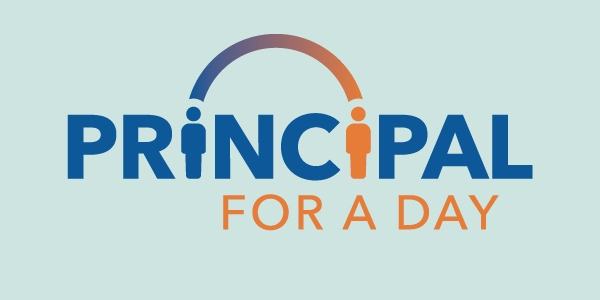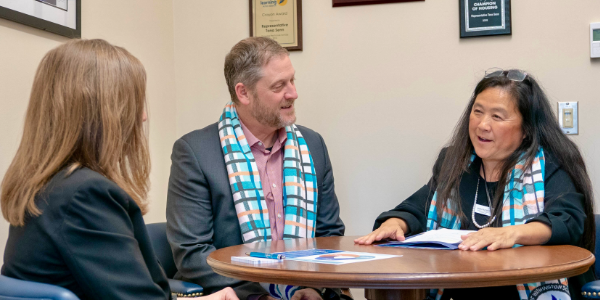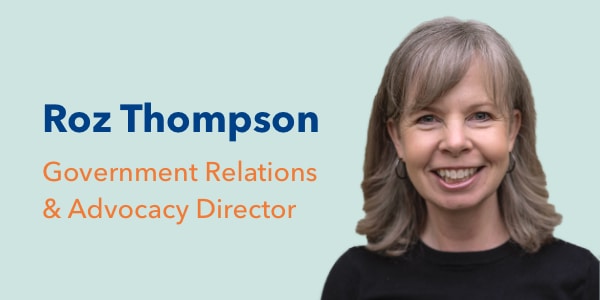Happy New Year! We are days away from January 10th, which marks the beginning of the 2022 legislative session. This short, 60-day session will go fast and is expected to end on March 10. In a 60-day legislative session, the supplemental budget makes spending adjustments to the 2021-2023 biennial budget passed last year.
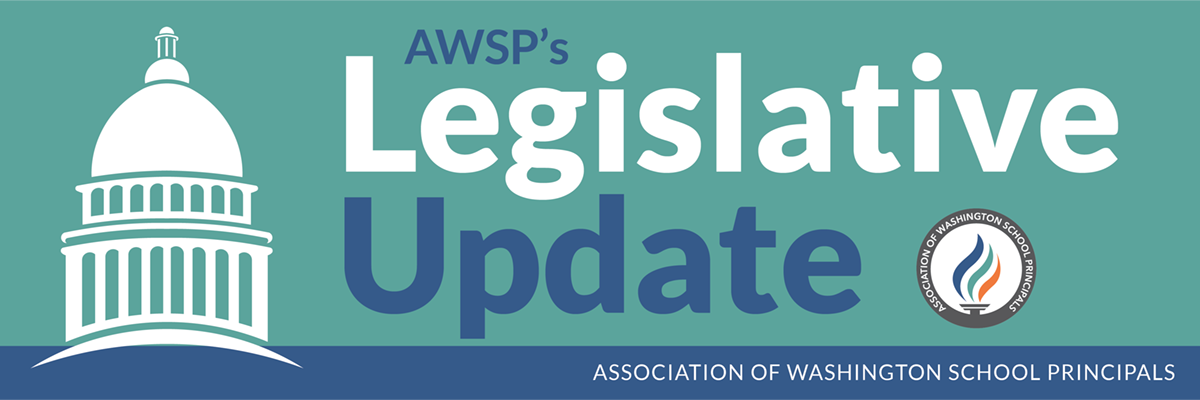
Happy New Year! We are days away from January 10th, which marks the beginning of the 2022 legislative session. This short, 60-day session will go fast and is expected to end on March 10. In a 60-day legislative session, the supplemental budget makes spending adjustments to the 2021–2023 biennial budget passed last year.
The initial plans for this session were for hybrid operations with committee hearings held online (which is fantastic for busy school leaders), in-person floor sessions for voting by legislators, and some access for the public to observe floor action. The omicron variant has caused some changes. The House and Senate will now have more limited or entirely remote floor sessions. This will be re-evaluated every two weeks.
AWSP Platform
Our executive board approved our 2022 AWSP Legislative Platform. Along with our partners in the School Funding Coalition, our main priority is to update the prototypical model to increase funding levels for support staff such as nurses, counselors, and social workers.
Budget
Governor Inslee’s $62 billion supplemental budget proposal released mid-December does just this. We are hopeful the Legislature will finally take steps to address this outdated staffing model and include this in their final budget. Governor Inslee’s budget also prioritizes climate, salmon recovery, and homelessness and makes new investments in poverty reduction, transportation, and public health.
Here are three key education components of the Governor’s budget, with all of the credit for this summary going to Dan Steele, WASA’s Assistant Executive Director for Government Relations. Thank you, Dan! Read Dan’s full TWIO (This Week in Olympia) report on the budget.
Accelerated Learning Opportunities—$746 million
The 2021–23 Operating Budget appropriated state and federal funds totaling almost $600 million to address learning recovery, accelerated learning opportunities, and “learning loss” (as designated by Congress). Last year’s significant investment was a major highlight of the K–12 budget. Unfortunately, most of the resultant programs are supported with one-time funds. A signature component of the education portion of the governor’s Supplemental Operating Budget is another significant investment to expand accelerated learning. The $746 million recommendation would assist school districts to improve educational outcomes for all students and to address educational opportunity gaps. The funding would allow for additional tutoring and enrichment, as well as offer more student supports. School districts would have the flexibility to increase: instructional time before or after school; additional days during the year or in the summer; or additional enrichment activities. Funding would be provided based on an evaluation of student needs. School districts would be required to identify specific assessment tools, pinpoint student learning and well-being gaps, and focus additional time and supports on evidence-based interventions.
Student Support Staffing—$184 million
A major part of Superintendent Reykdal’s 2022 Decision Package is a request to phase-in increased staffing allocations for school nurses ($48.2 million in FY 2023, with a total of $339.7 million over three years). The request would increase current state-funded staffing levels for nurses to meet ratios adopted by voters in Initiative 1351 (2014) and as later recommended by the Staffing Enrichment Workgroup (2019). The Governor’s 2022 Supplemental Operating Budget proposes funding of $184.0 million to not only phase-in increased staffing allocations for nurses, but also for other Social-Emotional Health staff—specifically social workers, counselors, and psychologists. As proposed, all staffing ratios would be increased and funded using I–1351 values. The updated values and the associated funding is embedded in the budget bill; however, a policy bill will also be introduced to update staffing ratios in statute.
Residential Outdoor School—$52 million
The Governor believes students need to experience the natural world if they are to learn to care for it. Outdoor education gives students the chance to develop teamwork, social-emotional skills, and learn about environmental and earth science. To ensure all students can access these opportunities, the governor proposes $52.0 million to expand outdoor education. This funding will provide all fifth or sixth-grade students in Washington the chance to experience the outdoors.
Our staff at AWSP, AWSL, and Cispus are SUPER excited about this budget proposal, as you can imagine. Learn more about Outdoor Schools Washington.
Bills
Here are some of the pre-filed bills I’m tracking. There will be more to share throughout the coming weeks.
- HB 1590 | Enrollment stabilization (companion bill SB 5563)
- HB 1611 | Highly capable students
- HB 1664 | Concerning prototypical school formulas for support in schools
- HB 1699 | Permitting retirees additional hours to work in school districts
- HB 1760 | Expanding access to dual credit programs
- SB 5497 | Extending voting authority to student members on the state board of education
- SB 5630 | Expanding basic education to include the basic education program of early learning
Get Involved!
Use our platform to connect with your local legislators. This can be as easy as a quick email to let them know the challenges and successes you are experiencing this school year! Everyone can help advocate for the principalship and student needs by emailing, calling, or meeting with your legislators to share stories about what priorities and needs exist in your building and district. Find legislator contact information.
Connect with your district administrators and school board members to discuss collective advocacy efforts.
Consider sharing our platform with your staff, students, and families to have conversations about what would most improve their experiences in school.
If you are interested in getting even more involved with AWSP’s advocacy efforts, email me.


